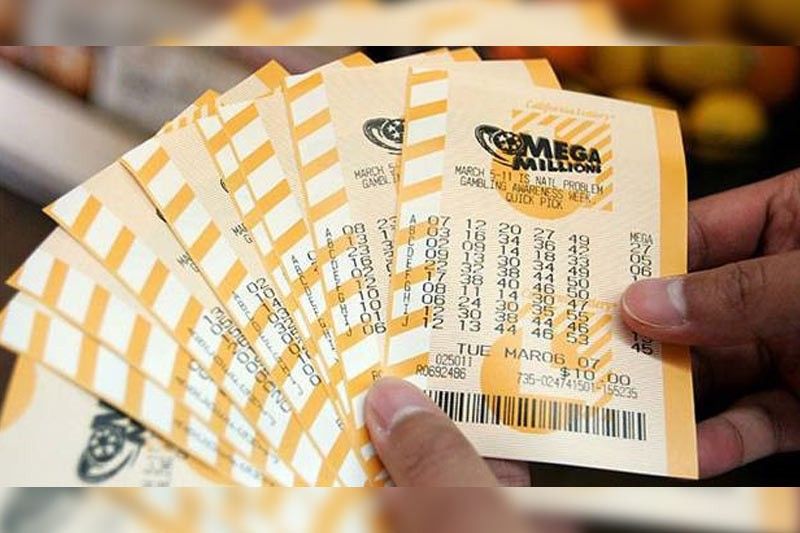
A lottery is a game in which people purchase chances to win a prize, often a sum of money. It is the most common form of gambling, and is popular with people from all walks of life. Despite the fact that lottery games have some negative aspects, they are an effective way to raise funds for various purposes, including public works and charitable activities. The odds of winning are usually extremely low. However, some numbers are more frequently drawn than others. This has nothing to do with rigging, but is the result of random chance. Regardless, there are some important things to keep in mind before participating in the lottery.
In the United States, most states have lotteries, and they are regulated by law. Many people play to increase their financial security, while others participate for the thrill of winning. In some cases, winning the lottery can make people rich and give them a sense of achievement. However, it is important to understand that lottery games are not always a wise financial decision.
While some people find the idea of winning the lottery attractive, others feel that it is not a good idea. In addition to being a form of gambling, it can lead to serious problems and even bankruptcy. For this reason, it is important to consider the risks involved in winning a lottery before playing. It is also advisable to consult a professional before making any decisions.
There are a number of different types of lotteries, each offering a unique set of prizes. Some offer large cash prizes, while others award goods or services. Some are run by state governments, while others are private businesses. Some of them are very complex, and involve multiple stages. Others are more simple, and include only a single drawing.
Lotteries have a long history, dating back centuries. They were first used in Europe to raise funds for local projects, such as munitions and fortifications. They were later brought to the United States by British colonists. Initially, the American reaction was very negative, and ten states banned them between 1844 and 1859.
Nevertheless, by the end of the 19th century, lotteries had become widespread in the United States and around the world. In the 21st century, there are many forms of lotteries, including instant-win scratch-off tickets and daily games in which players choose six or more numbers from a range of 50 to 99.
In Shirley Jackson’s short story, The Lottery, the entire village gathers on the town square to compete in a lottery of death. Despite the horror and cruelty of this event, none of the villagers question its existence. This is a clear indication that humans are capable of blindly following tradition to their own detriment. Jackson uses a variety of techniques to convey this point, and she is successful in doing so. Her characters behave in a way that suggests a deep deception and evil nature. Moreover, Jackson depicts these events in a friendly, relaxed environment, which further strengthens the theme of human evilness and hypocrisy.